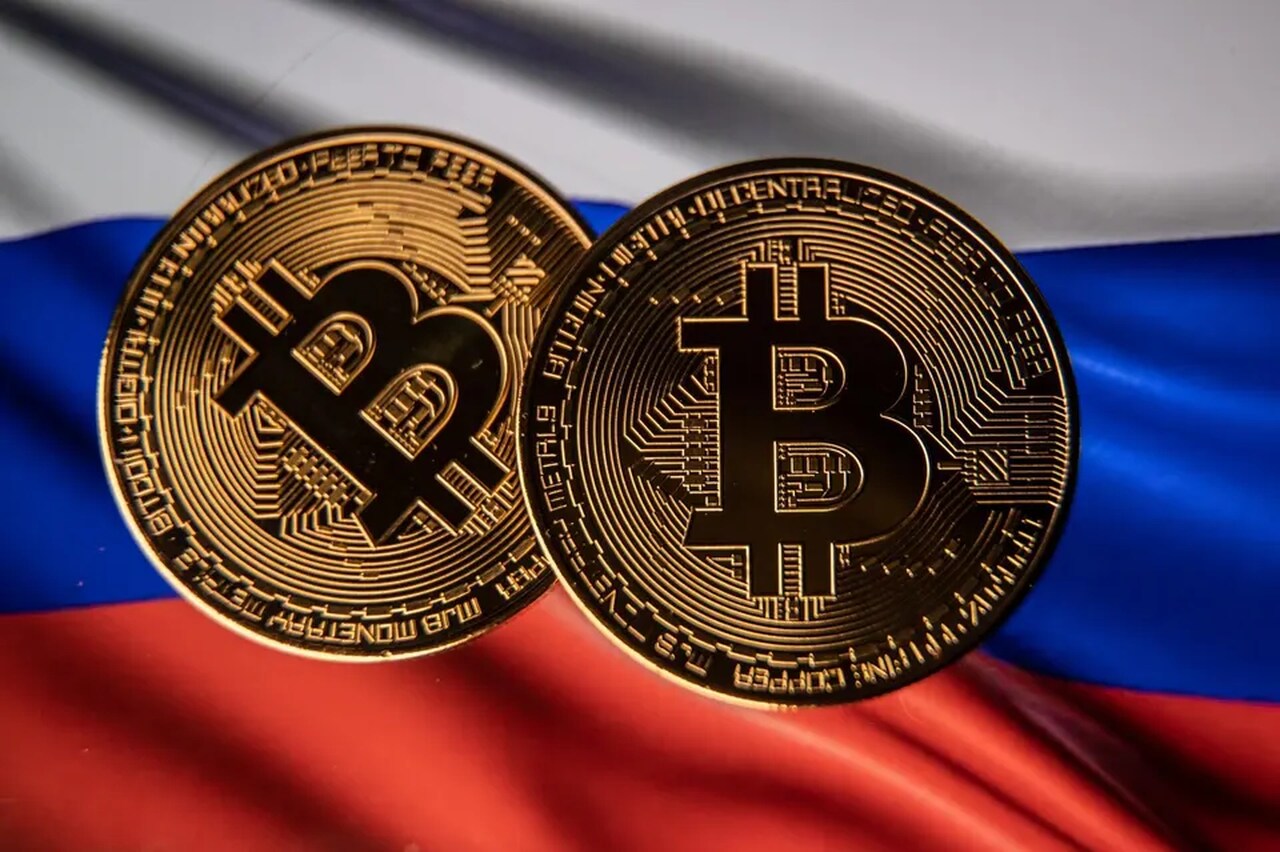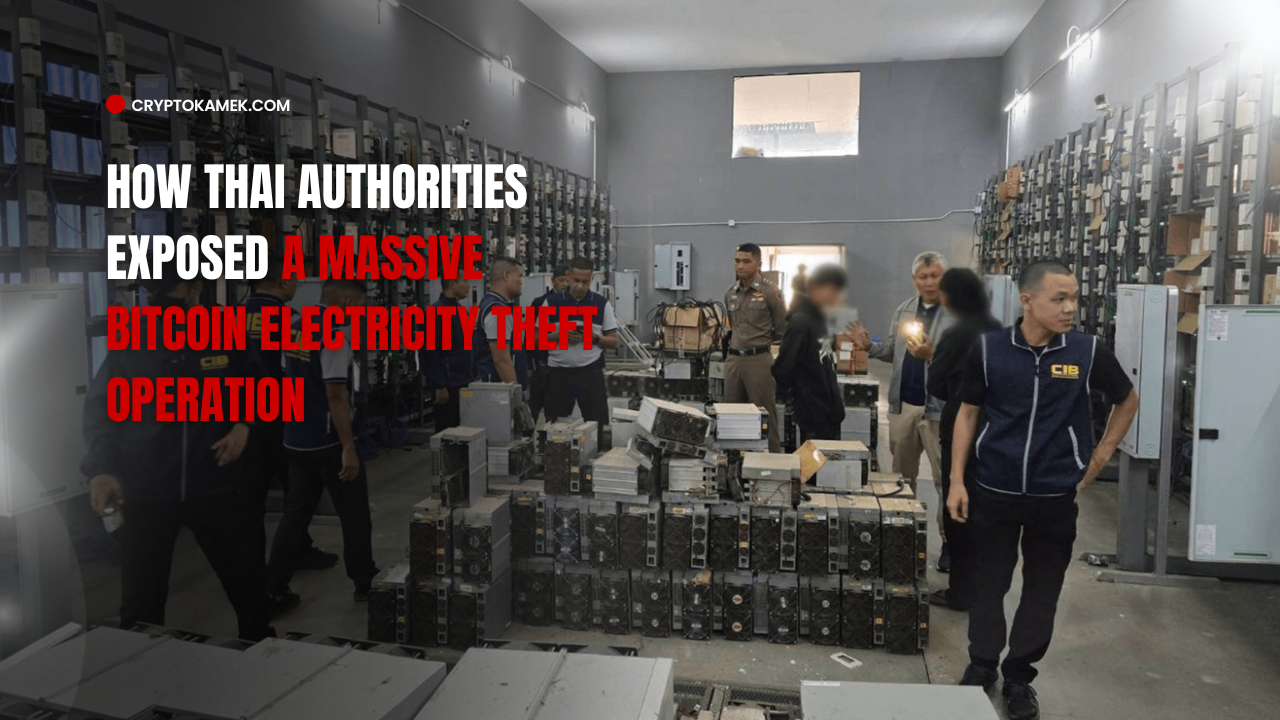

Countering Sanctions: Russia’s Bitcoin Reserve Initiative
In recent years, cryptocurrencies have become an essential part of global financial conversations, and Russia is making a bold move to integrate them into its economic strategy. On December 9, 2024, Russian lawmaker Anton Tkachev proposed the creation of a national Bitcoin reserve. This initiative is aimed at helping Russia strengthen its economy in the face of international sanctions and ongoing geopolitical tensions. Tkachev, a member of the Novye Lyudi party in the State Duma, believes that Bitcoin could offer a powerful alternative to traditional reserves, providing a more resilient option for Russia’s financial stability.
The Growing Need for Economic Resilience
Russia, like many other countries facing sanctions, is under immense pressure from the global financial community. The sanctions imposed by Western nations have severely restricted Russia’s access to international financial systems, making it difficult to conduct trade, invest, or even manage its financial resources effectively. Traditional foreign currency reserves, such as the US dollar and the euro, are increasingly seen as unstable in this environment, as they are subject to market volatility and the geopolitical forces at play.
In this challenging climate, Tkachev sees Bitcoin as a solution. He believes that Bitcoin, as a decentralized digital currency, has the potential to act as a hedge against the vulnerabilities associated with conventional reserves. By adopting Bitcoin as a part of its national financial strategy, Russia could protect itself from the risks of traditional currency volatility and become more self-sufficient in managing its financial operations.
The Bitcoin Reserve Proposal
Tkachev’s proposal suggests that Bitcoin should be treated as a formal state reserve, just like gold or foreign currencies. He emphasized that cryptocurrencies are not subject to the same regulatory controls and pressures that affect traditional currencies, especially those tied to the global banking system. For countries under sanctions, this means that Bitcoin could become an essential tool for engaging in international trade and finance.
In his formal appeal to Russia’s Finance Minister Anton Siluanov, Tkachev argued that cryptocurrencies are rapidly becoming the only viable option for countries with limited access to global financial systems. He pointed out that Bitcoin’s price surge, reaching approximately $100,000 in December 2024, further supports his view that Bitcoin can act as a stable and reliable store of value. In his words, “With limited access to traditional international payment systems for countries under sanctions, cryptocurrencies are becoming virtually the only tool for international trade.”
Tkachev’s initiative is not just about Bitcoin as a speculative asset; it’s about using it as a strategic resource that could help stabilize the Russian economy in the long term. Bitcoin’s decentralized nature allows it to operate outside the control of central banks and international regulators, which is exactly what countries like Russia need in the face of mounting sanctions.
Why Bitcoin?
Bitcoin has risen to prominence over the years as the flagship cryptocurrency, known for its decentralized nature and limited supply. Unlike traditional currencies, which can be printed or manipulated by governments, Bitcoin operates on a blockchain network that is immune to central control. This characteristic makes it particularly attractive to nations like Russia, who may face restrictions on using global financial networks such as SWIFT.
The idea of using Bitcoin as a reserve asset is not entirely new. Countries with similar challenges, particularly those under international sanctions, have begun exploring the potential of digital currencies to provide financial autonomy. For Russia, Bitcoin presents an opportunity to diversify away from traditional financial systems, which are increasingly seen as vulnerable to geopolitical manipulation.
The Global Context: Is Russia Alone?
Russia’s move to establish a Bitcoin reserve isn’t happening in isolation. Countries around the world are beginning to see cryptocurrencies not just as speculative assets, but as viable tools for economic resilience. For instance, several US states have shown interest in creating Bitcoin reserves to help protect against financial instability. This broader trend indicates a shift in how digital currencies are being viewed by governments, particularly those facing external pressures.
Russia’s initiative may inspire other countries with similar challenges to adopt similar strategies. In fact, some analysts believe that Russia’s decision to embrace Bitcoin as a reserve asset could set a precedent for other nations looking to secure their financial future in a world where traditional reserve currencies may no longer offer the stability they once did.
What Does This Mean for Russia?
If Russia’s Bitcoin reserve proposal is successful, it could mark a transformative shift in the country’s financial strategy. By embracing digital currencies as part of its national reserves, Russia could reduce its dependence on traditional currencies like the US dollar, which have been weaponized in sanctions against the country.
Additionally, Russia’s financial institutions could potentially use Bitcoin to facilitate trade with other nations, bypassing Western-controlled financial systems. This would provide the country with greater flexibility and control over its economic activities, ultimately strengthening its geopolitical position.
Furthermore, establishing a Bitcoin reserve could also send a strong signal to the global community that Russia is willing to take bold steps to ensure its economic sovereignty. As countries around the world increasingly explore cryptocurrencies, Russia’s initiative could become a key example of how nations can use digital currencies to bolster their financial independence in the face of adversity.
The Road Ahead: Challenges and Risks
While the proposal has garnered significant attention, there are many hurdles that Russia must overcome to make it a reality. One of the primary challenges is regulatory. Russia’s Finance Ministry and Central Bank will need to collaborate closely to create policies and infrastructure that support the use of Bitcoin as a state reserve. Additionally, these institutions will have to address concerns around the volatility of cryptocurrencies, particularly Bitcoin, which is known for its price fluctuations.
Bitcoin’s price history shows both significant increases and steep drops, which could make it a risky asset to hold as a long-term reserve. For instance, Bitcoin’s price surged to $100,000 in late 2024, but it has also faced periods of sharp decline. The uncertainty surrounding cryptocurrency prices is one of the key concerns that could prevent Bitcoin from being fully embraced as a national reserve asset.
Another challenge is the logistical aspect of managing a Bitcoin reserve. Unlike traditional currencies or gold, Bitcoin requires a different kind of infrastructure for storage, security, and transactions. Russia would need to develop secure methods for holding and transferring Bitcoin without risking loss or theft.
Despite these challenges, Russia’s initiative represents a bold vision for the future of global finance. It reflects the growing recognition of digital currencies as powerful tools for enhancing national resilience, particularly in times of economic or geopolitical instability.
What’s Next for Bitcoin and Russia?
As Russia moves forward with this proposal, the implications could go far beyond its borders. The creation of a national Bitcoin reserve would signal a major shift in the global financial landscape, encouraging other countries to consider the role of digital currencies in their own economic strategies.
For Russia, the road ahead will require careful planning, regulatory reforms, and international cooperation. If successful, the initiative could enhance the country’s financial independence and resilience, paving the way for other nations to follow suit.
In the years to come, we may witness a transformation in how countries view cryptocurrencies—not just as speculative assets, but as fundamental components of a modern, sovereign financial system.
Conclusion
The proposal by Anton Tkachev to create a national Bitcoin reserve marks a significant moment in Russia’s economic strategy. As countries around the world seek alternatives to traditional financial systems, Russia’s bold move to adopt Bitcoin could serve as a model for other nations under sanctions or facing similar geopolitical challenges.
While there are many hurdles to overcome, including regulatory frameworks, logistical infrastructure, and concerns about volatility, the potential benefits of this initiative cannot be ignored. By embracing Bitcoin as a reserve asset, Russia could reduce its reliance on traditional financial systems and increase its financial autonomy.
The success of this initiative could spark a global shift in how we think about reserve currencies, and Russia might just be leading the way. As more countries explore the use of cryptocurrencies for economic stability, we may soon find ourselves in a world where digital currencies play an even more significant role in the financial systems of nations around the globe.
Source:
- Russian lawmaker proposes strategic Bitcoin reserve to counter geopolitical challenges
- Russian lawmaker proposes national Bitcoin reserve
- Bitcoin Reserve for Russia? Lawmaker Pushes for Crypto as Strategic Asset






